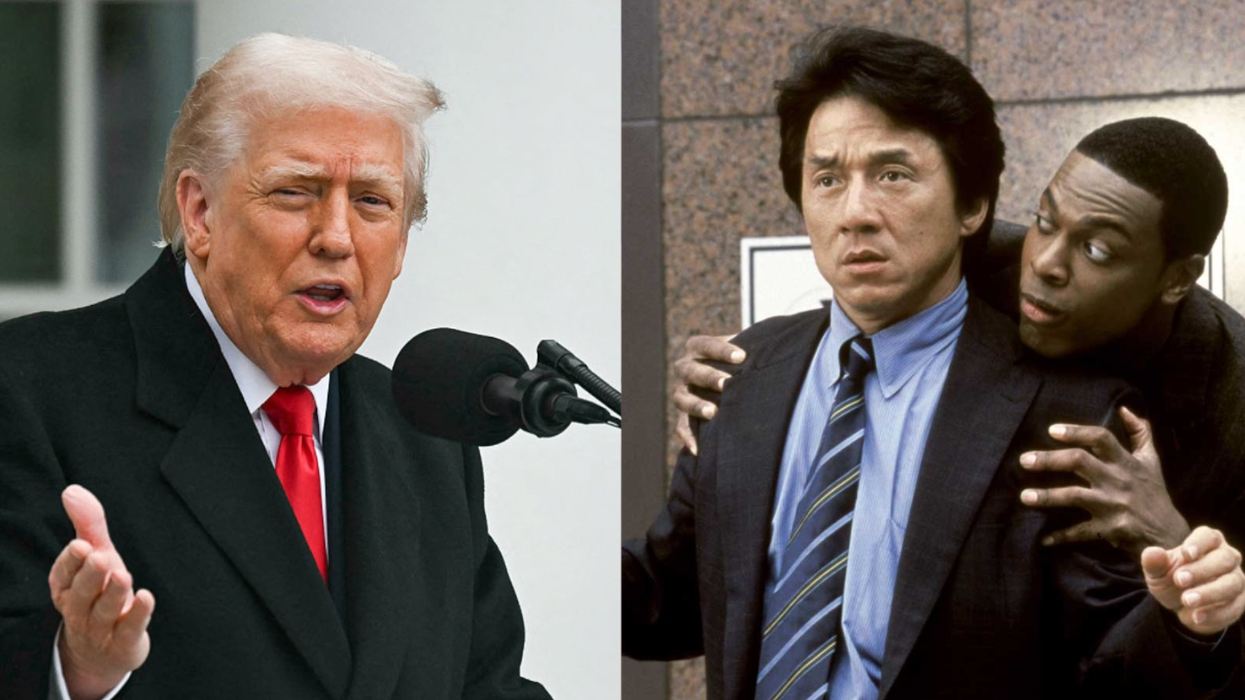The Red Hot Chili Peppers gave a much anticipated performance by the Giza Pyramids on the western outskirts of Cairo, Egypt, but the concert has been dampened by news that Egyptian authorities "banned" concertgoers from bringing Pride flags to the event.
LGBTQ+ rights have often been on shaky ground in Egypt; according to a 2013 study by the Pew Research Center, 95 percent of Egyptian citizens believe homosexuality should not be accepted by society at large. Although Egyptian law does not explicitly criminalize homosexual acts, it does enforce wide-reaching social codes that crack down on any behavior deemed immoral or scandalous.
But the news that Egyptian authorities were not allowing people to enter the concert venue if they carried "gay" flags has ignited significant controversy online.
Journalist Samer Al-Atrush was among the first to tweet about the policy.
Others shared similar news, with at least one person observing that police confiscated a child's crayons to keep her and her family from "drawing" the rainbow flag.
While there don't appear to have been arrests in the wake of these searches, many have decried them as an example of the Egyptian government's overreach.
Some criticism was also directed at the Red Hot Chili Peppers for deciding to perform despite the controversy.
Egyptian police have cracked down significantly on displays of the Pride flag since the 2017 Rainbow Flags' Incident, when Egyptian teens unfurled the flag during a concert for the Lebanese band Mashrou' Leila.
Pictures of the act went viral on social media and more than 30 people were arrested in subsequent days on charges that they'd engaged in "promoting sexual deviance" and "debauchery."
According to The New Arab, those arrested in that purge were convicted and sentenced to between six months and six years in prison. The Egyptian government has also imposed a wide reaching ban on media, including television and film, from discussing LGBTQ+-related matters.

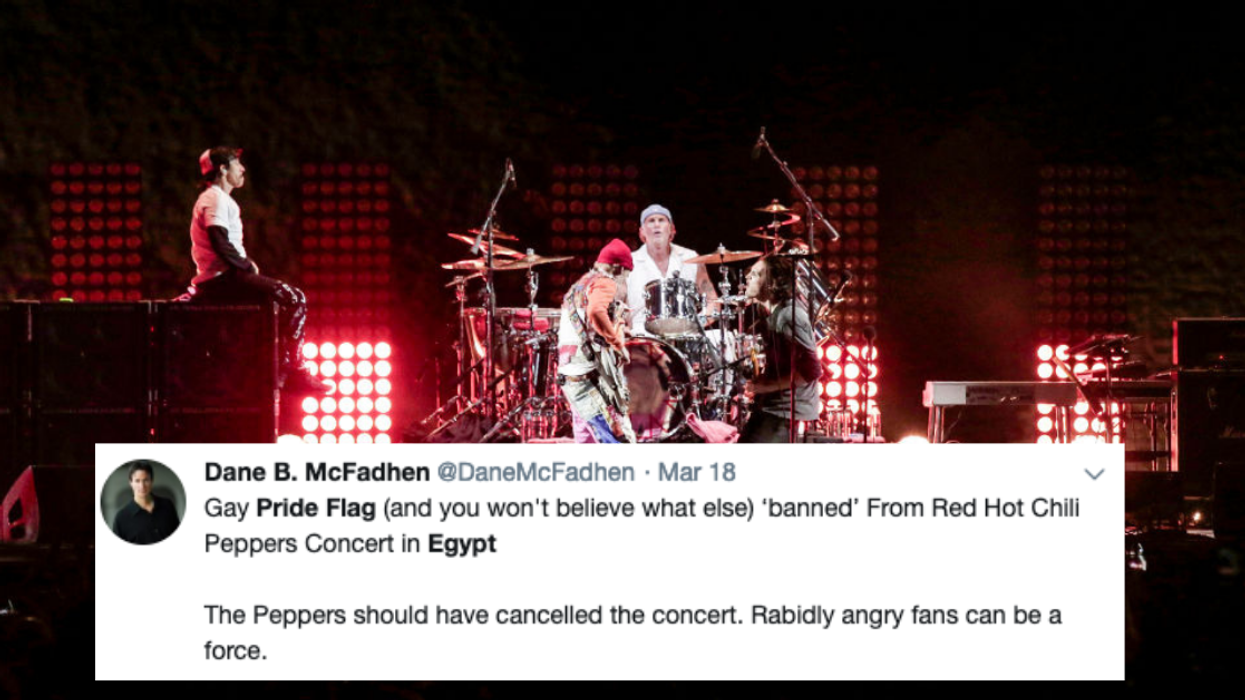

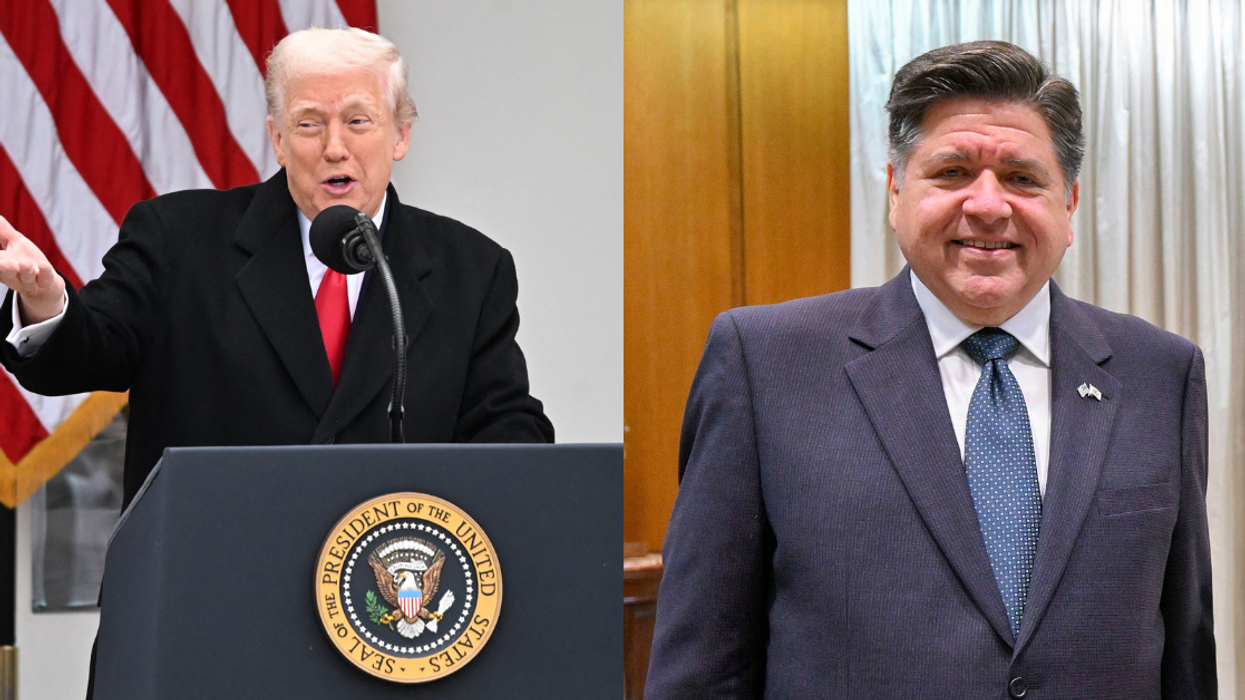





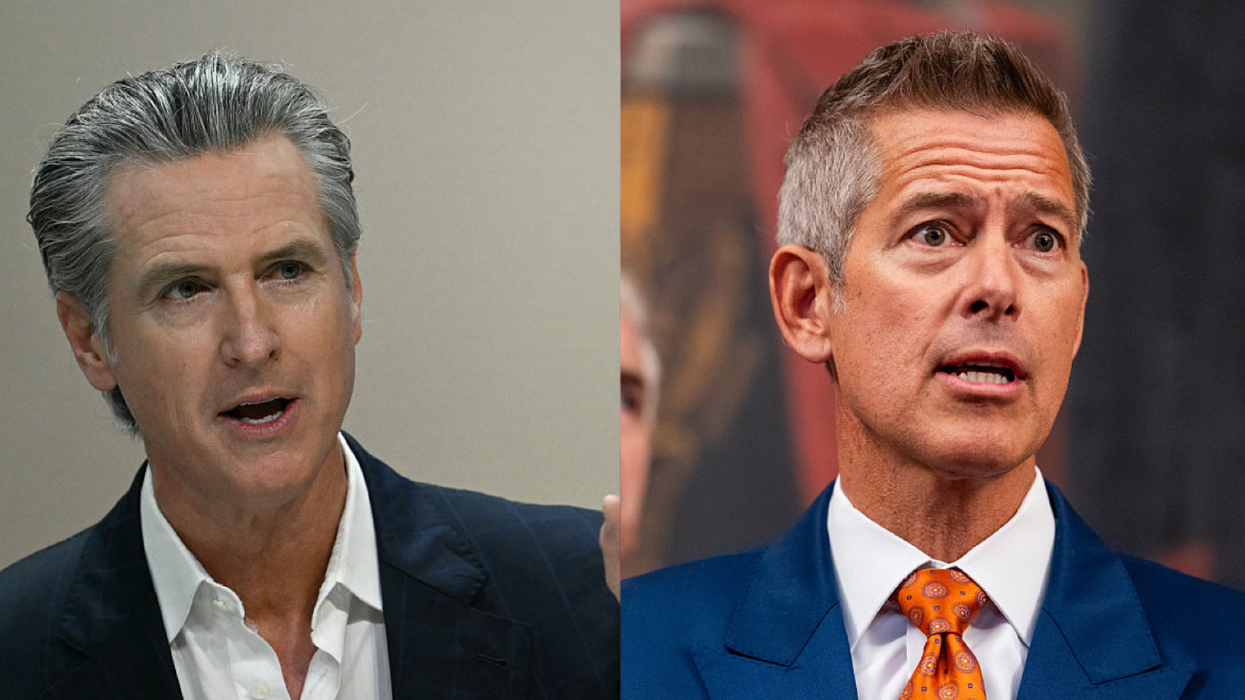
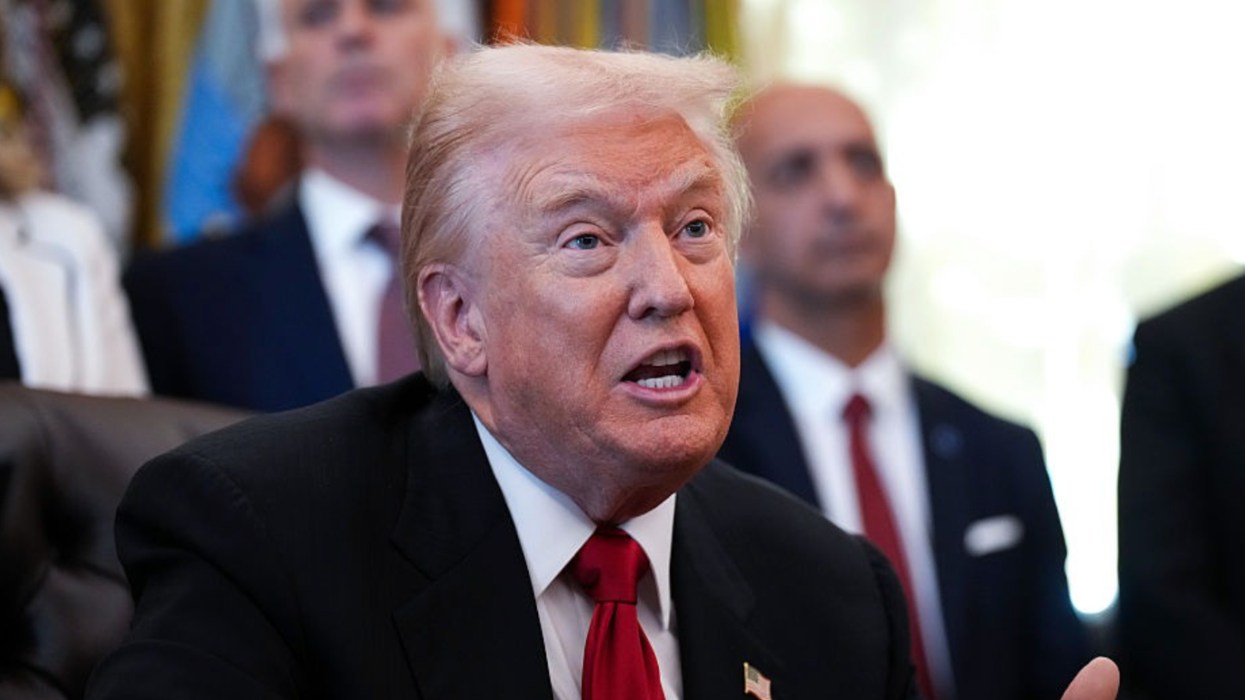

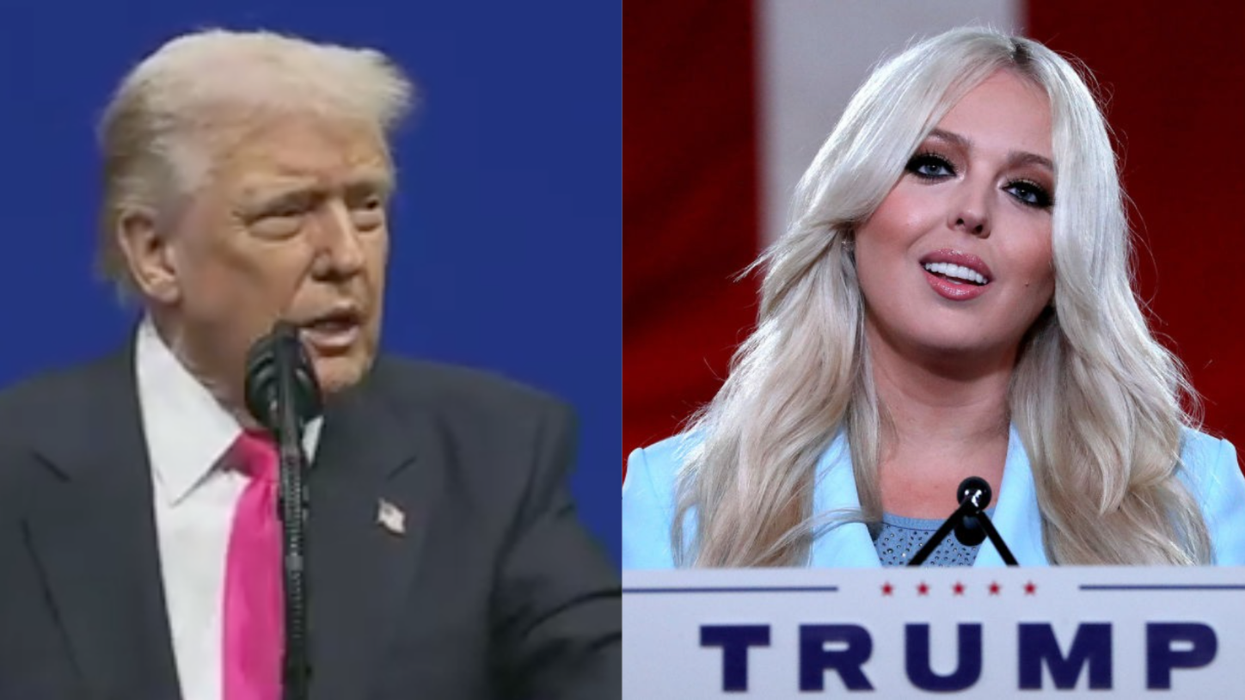
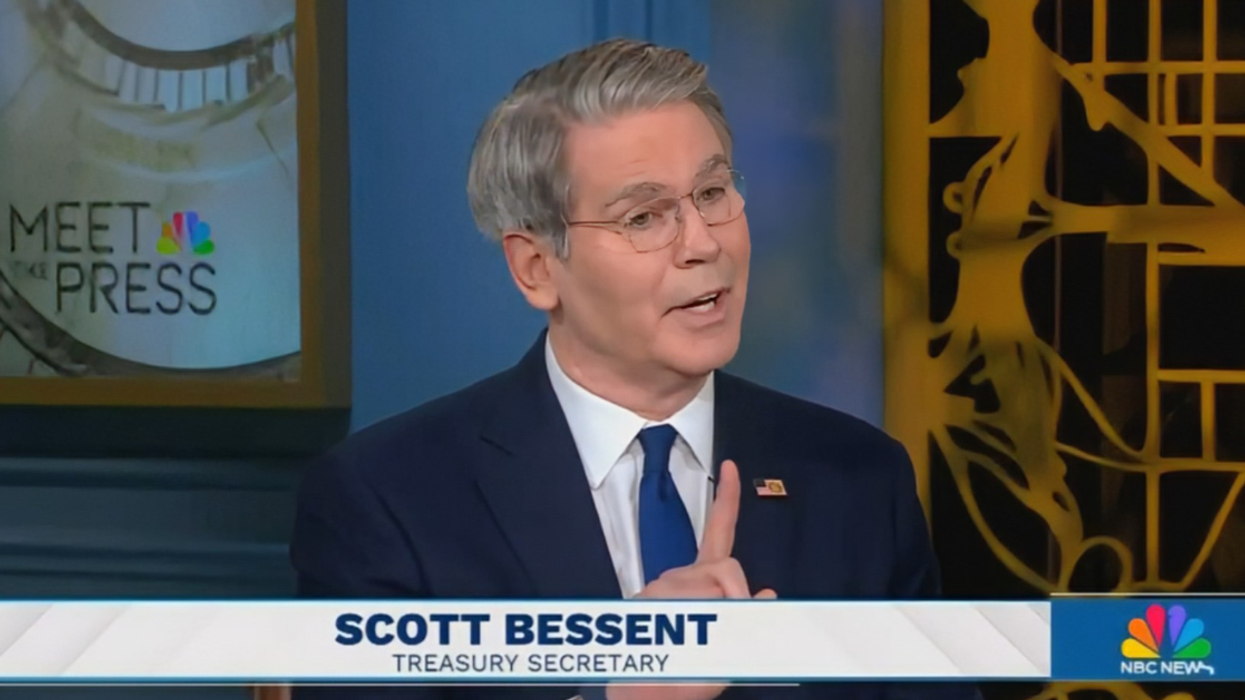
 @RichardLaub4/X
@RichardLaub4/X @RonFilipkowski/X
@RonFilipkowski/X
 @fortunate_fiasco/Instagram
@fortunate_fiasco/Instagram @baadbrad/Instagram
@baadbrad/Instagram @starbaksh/Instagram
@starbaksh/Instagram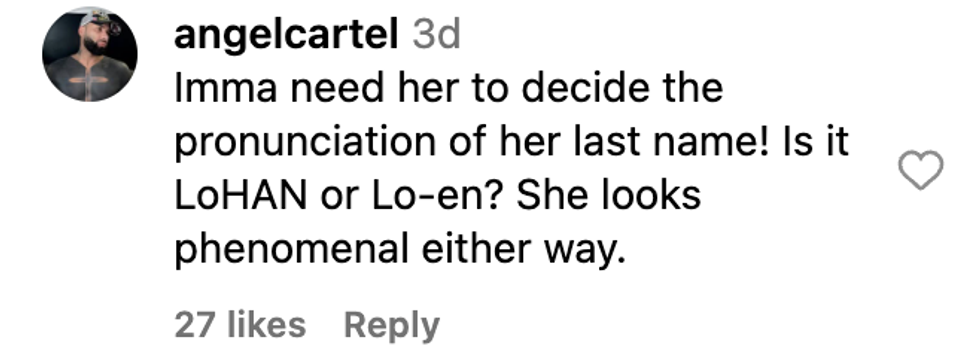 @angelcartel/Instagram
@angelcartel/Instagram @tamoderos/Instagram
@tamoderos/Instagram @rinabekiri/Instagram
@rinabekiri/Instagram @grace.s.hamilton/Instagram
@grace.s.hamilton/Instagram @robbietomkins/Instagram
@robbietomkins/Instagram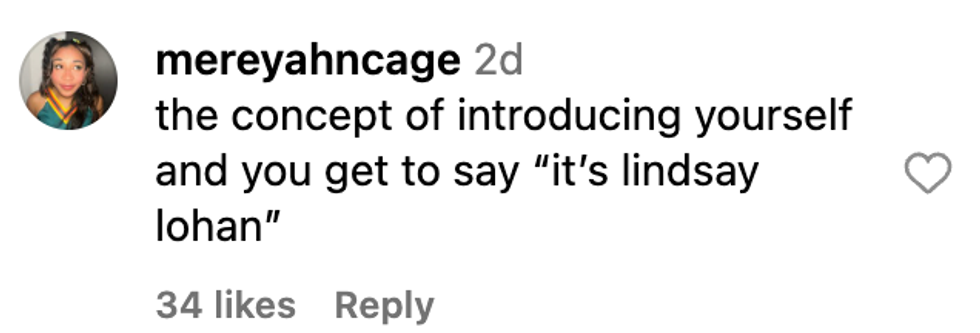 @mereyahncage/Instagram
@mereyahncage/Instagram @aristochick/Instagram
@aristochick/Instagram @rrmrrmrrmrrmrrm/Instagram
@rrmrrmrrmrrmrrm/Instagram @drewguy88/Instagram
@drewguy88/Instagram @annacollins5172024/Instagram
@annacollins5172024/Instagram @lvndrbeauty/Instagram
@lvndrbeauty/Instagram @dinalohan/Instagram
@dinalohan/Instagram
 @jameelajamil/TikTok
@jameelajamil/TikTok @jameelajamil/TikTok
@jameelajamil/TikTok @jameelajamil/TikTok
@jameelajamil/TikTok @jameelajamil/TikTok
@jameelajamil/TikTok @jameelajamil/TikTok
@jameelajamil/TikTok @jameelajamil/TikTok
@jameelajamil/TikTok @jameelajamil/TikTok
@jameelajamil/TikTok @jameelajamil/TikTok
@jameelajamil/TikTok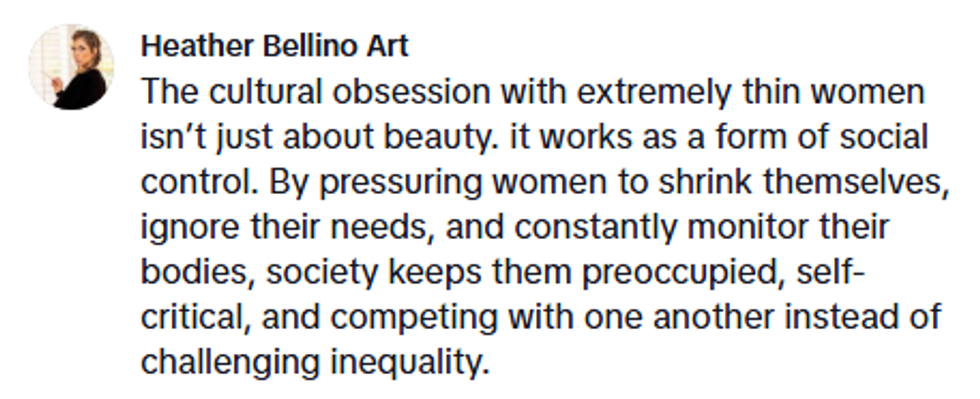 @jameelajamil/TikTok
@jameelajamil/TikTok @jameelajamil/TikTok
@jameelajamil/TikTok